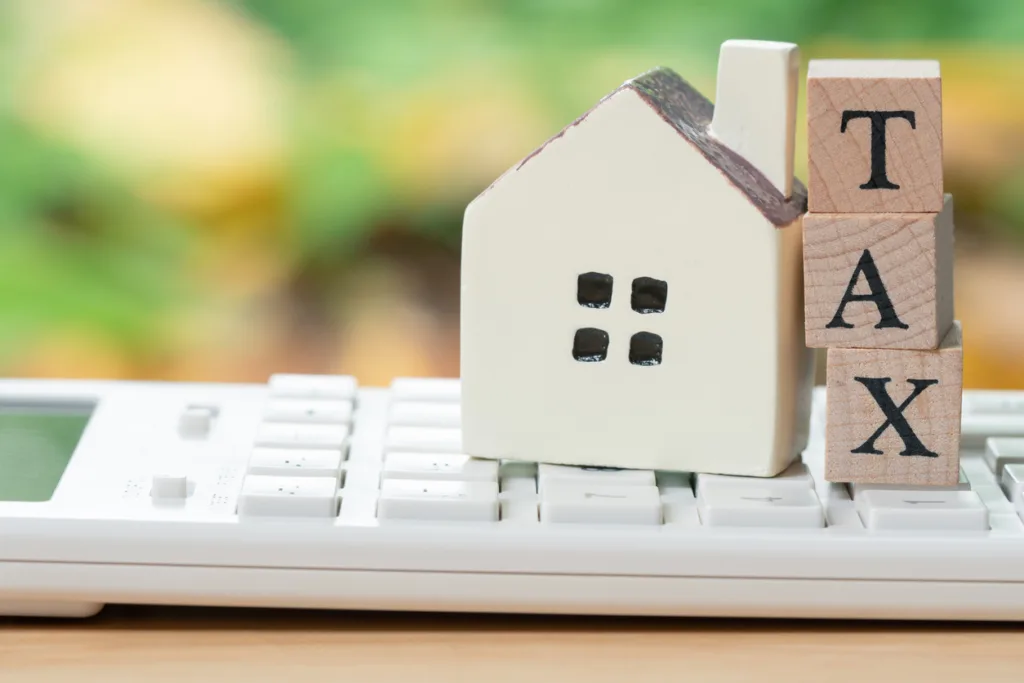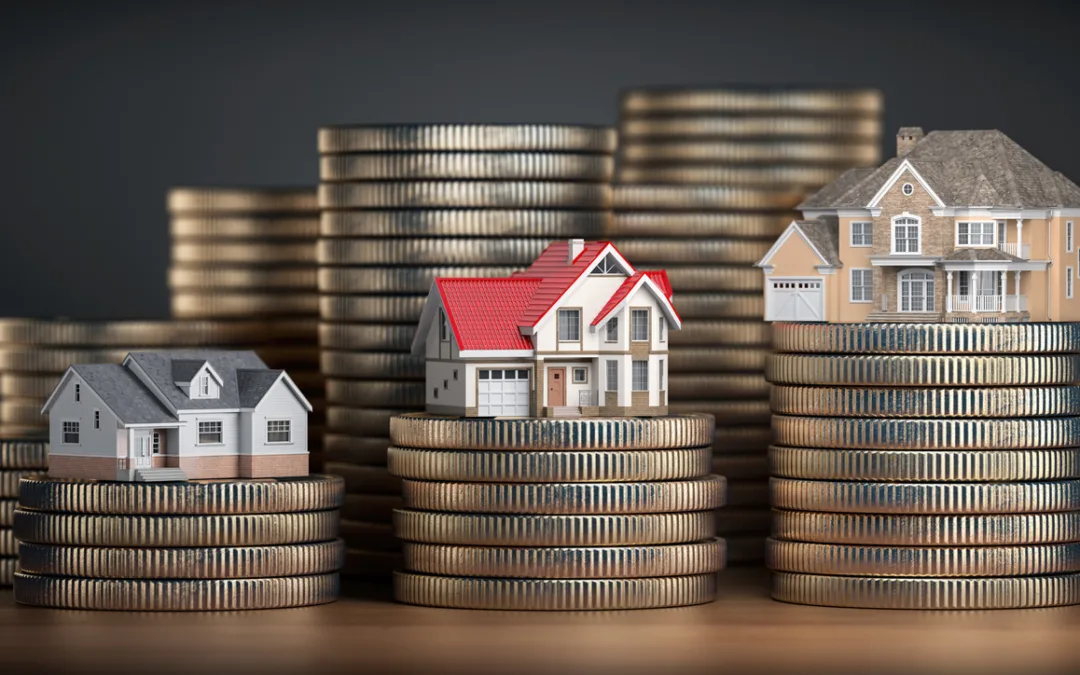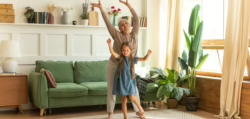
Should your home…
…be exempt from the assets test?
It’s no surprise that just over three-quarters of retirees own their own homes; traditionally Australians have had a love affair with home ownership. What is surprising is that the value of the home in retirement is so often understated or overlooked.
In fact, the possession of a mortgage-free home is possibly the greatest gift to anyone’s retirement.
There are many benefits to home ownership in later life, but here are what we believe to be the top three wins when it comes to funding your retirement:
- Capital Gains Tax exemption
- Asset test exemption for the Age Pension
- Home equity access
Tax advantages
Capital Gains Tax (CGT) is a tax on profits made from buying or selling certain goods or services. These might be shares, commercial property, ownership in a business or works of art. Generally speaking, you will need to pay tax on the profit – or the difference between the purchase price and the sale price (i.e. the increase in value). The tax payable is reached by including the capital gain in your accessible income and applying the appropriate marginal rate. There is no such tax payable on the sale of the family home. All profits remain intact, but of course will be treated accordingly should they be invested in any way.
Asset test exemption
As most older Australians are aware, the Age Pension entitlement is worked out by means test, which considers both your income and your assets. The main exception to assets which need to be declared is the family home, which is 100% exempt. This means someone with low income and assessable assets could conceivably live in a $5 million home, or more, and still receive a full Age Pension.
Home equity access
Another benefit of home ownership is that you can dip into this form of wealth should you run out of savings.
We’ve written before on the fact that Australians do not actually ‘run out’ of retirement income as the Age Pension offers a safety net for all who fall within the income or asset thresholds. But for those who wish to live on more than the amount provided for in a full Age Pension (fortnightly $1064 for singles, $1604 for couples combined) those who own their own homes can ‘dip into’ these savings.
There is little downside to doing this by using either the Government’s Home Equity Access Scheme (HEAS) , one of the many commercial reverse mortgages or more tailored equity access schemes. Such schemes offer a way of generating funds while you are alive and subsequently leaving a smaller bequest when you die. Your relatives may not love it, but hey, whose retirement is it anyway?
Furthermore …
Whilst home ownership does entail outgoings for property maintenance, you do not need to cover the high costs of rental accommodation. This puts you in a prime position compared to nearly 15% of retirees who are renters and who generally need to pay between 30 – 40% of their income on rental. Yes, there is support from the Federal Government in the form of Commonwealth Rental Assistance (CRA) which is currently $157 per fortnight for singles and $296 for couples, combined. But this supplement often does little to ameliorate the effects of rapidly increasing rents during a housing shortage, such as we are experiencing at the moment.
Then there are the other, emotional, costs associated with renting. These include the sorrow and dislocation when needing to move out of a much loved neighbourhood if prices become unaffordable or the stress and anxiety attached to not knowing if you will still be living in the same place in a year’s time.
Given the significant benefits that home ownership provides in retirement, even for those still managing a mortgage, it’s probably fair to ask whether this asset should remain exempt from the Centrelink assets test. There are clear cases to be made on both sides of this debate, but the team at Retirement Essentials believes that it’s time someone asked those most likely to be affected – retirees themselves.
We would love you to respond to this short two-minute Retirement Pulse survey and let us know your views. And if you would like to know more about home equity, including the benefits of paying down your mortgage, you can book a consultation below.






Owning your home is a passive asset that does not generate any income. That a tax should be paid on capital gain when selling this asset seems fair, but including residential homes as assets to calculate retirement pension would actually put a significant number of people on the poverty threshold as they would not receive any pension from government due to their cumulative assets. it would force them to sell and go onto rental properties to have a roof over their heads. Counter productive and unfair in my view.
In complete agreement. I can’t see ANY good thing about countng the home you own and live in, as an asset for pension income testing. Except perhaps a CPI related cap should be put on the value of the home. In today’s money, any home valued above say $3milllion, the value above that cap could perhaps be considered an asset.
All family homes below a stated purchase price should be excluded from the asset test. Why?
Because not all people live in luxurious houses. A normal family house say up to $700,000
owned by someone on the pension and not any significant super is still just existing, and if their home was included in the asset test they would lose their pension and probably their house and would not be able to exist.
I don’t see many houses at $700,000 where we live. The home must remain out of the assets test. Otherwise you would be forced to sell and then rent. There is no available housing to rent. Counter productive.
Maybe if every Australian only received the financial support then there would be more money for all Australians.
Homes over 5M should be included in the assets test.
Anything under that should be excluded.
For many properties the greatest value is in the land itself . When it was purchased it was at market value and was paid for by earnings that were already taxed. Why punish someone who has worked hard, purchased wisely and is now no longer earning, indeed having less disposable cash than a couple on a full pension who is renting. The family home should NOT be included in the asset test.
Your owned home should NOT be included in the Asset tests. We pay rates, maintenance, stamp duty, saved hard to own our home and still very conservative in our living habits to not be a burden on the pension scheme at the moment. We are 75 paid tax all our lives and please give us a break and not have to pay for everyone else who just have lived for the day and not saved.
We see people on pensions living more extravagantly than we do or would do. As in UK everyone who have paid tax should get a pension regardless of. This system like UK should be taken up here. Perhaps that would be fair to people like us!!!!
I totally agree, I am not yet at retirement age but like to be prepared. We have worked hard all our lives and have paid our taxes and not been given any support by the government for family payments or anything as always just above the threshold. Why should we be penalised for doing the right thing and wanting to live in our home regardless of the value. I also believe that hard working Australians should be able to receive some sort of pension as they have given a lot to the government to support many who have not worked as hard either due to illness or not wanting to work. A fair go for everyone.
That’s how it works in china. The harder you work the more pension you’re entitled too!
I agree that the pension after retirement age is what I look forward to receive . Taxation has a record of the taxes I paid so add up the amount to calculate how much pension to give me.
How dare you raise this issue once again!!! The answer is a strong no. The family home should not be included in the asset test under any circumstances. The issue should be put to bed once and for all. It would be a very brave government to interfere with the current arrangements!!!
I strongly agree with James – No doubt this comment by Retirement Essentials will upset most of us older Australians who have worked and saved hard all our lives to be able to own our own home – Such comments are unAustralian and don’t pass the pub test – I am amazed Retirement Essentials would make such comments.
Hi Phil, thank you for sharing your honest feedback! I apologise if our article caused any offence, that was certainly not the intent. The content of the article speaks to the positives of home ownership but I am sorry to hear the title was upsetting.
Homes owned by the very wealthy are usually held in a trust or by a company structure. Therefore, if they die, they are still not taxed as it is not their asset.
It’s also mistakenly assumed homes are an inheritance item, for many it’s the one asset that will pay for a RAD in the event of needing to enter an Aged Care home. Looking at RADs most are close to the value of an average home. It should not be included in the assets test at all for all the previous reasons stated. This constant suggestion of inclusion is distressing.
Yes, The family home should be free from the assets test. Just because the pensioner owns it after many years of struggling to do so does not mean the pensioner is now rich in $’s. They are only rich if they sell the home, but they still need somewhere to live. Is the Government trying to take away the great Australian Dream to own your own home, do they want to make Australia a 3rd world country. Don’t they realise that is why so many immigrants from 3rd world countries try to settle in Australia to escape the poverty and build a better life for themselves and their families.
There’s not much pension left when you consider homeowners still need to pay rates, insurances, utilities etc. To then include the family home in the assets test would be catastrophic for most retirees who have worked their butts off to be in a position where they can survive under their own roof. Leave the family home out of it!
I think the suggestion has merit – on the condition the asset limits are adjusted accordingly.
I am 77 y/o, worked for 62 years and for 20 to 30 years doing more than 80 hours per week always paying my full share of taxes without complaining. I certainly am not wealthy but not destitute and have never called on the government for any assistance. I have only just retired a year ago and am questioning my life choices regarding all of the above, because it now seems I would be at least as well off if I’d never worked at all considering the pension and all the perks that go with it. What next death tax on the home paid for by after tax income. Very unfair.
The family home should remain exempt.
Centrelink provides Jobseeker payments and benefits to those who already own their own homes and have super savings before even reaching pension age.
Pensioners who worked their entire lives to pay for their homes, paid the taxes that contribute to enabling welfare payments and built the Super funds to be as community responsible and financially secure as they could possibly be, before retiring at their eligible pension age, should never, ever have their homes asset tested.